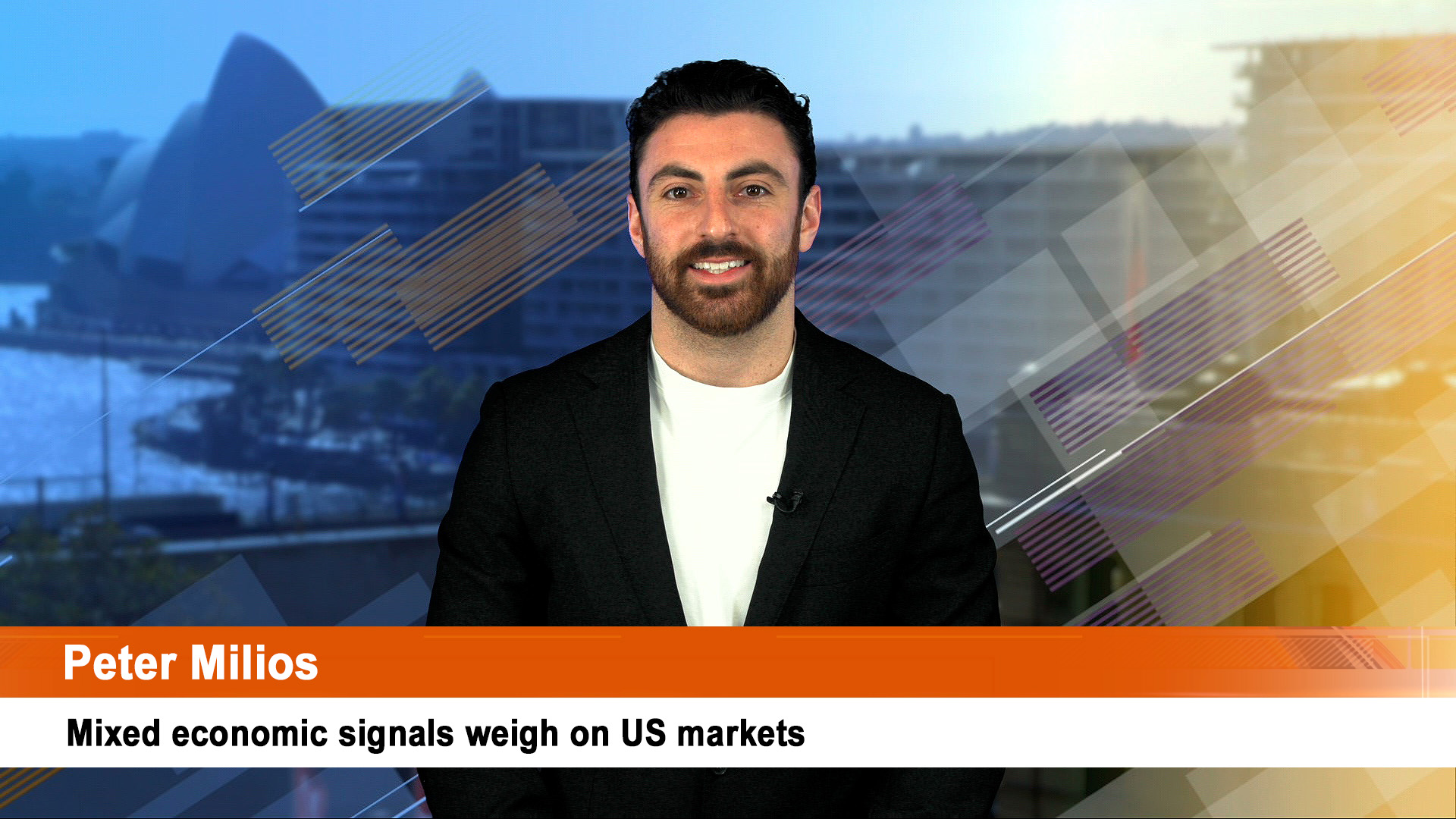Chinese house prices in March were flat compared to February and rose at the slowest annual rate in more than five years to cap another miserable month for the ailing sector.
Data from the country’s National Bureau of Statistics showed prices in China’s 70 major cities were up just 1.5% in March, an easing in the pace of growth of 2% in February and 2.3% in January.
Economists said it was the slowest growth since the last housing crisis back in November, 2015.
Month on month there was no movement in prices for the second month in a row as Covid lockdowns staged a late hit on activity.
For that reason, April is shaping up as a negative month for house prices overall.
Among China’s biggest cities, price increases were mainly seen in Chongqing (8.1% vs 8.5% in February), Guangzhou (3.0% vs 4.2%), Shanghai (4.1% – no change), and Tianjin (0.5% vs 1.0%).
Small rises were reported for Beijing (5.7% vs 5.5%) and Shenzhen (4.5% vs 3.8%).
Over 60 big cities have eased curbs on home purchases to support the weakening property market, after a government campaign to reduce developers’ high debt levels pushed the sector into a slide in the second half of 2021 with Covid now the major influence in holding back recovery.
Banks in over 100 Chinese cities have lowered mortgage rates by around 20 to 60 basis points since March according to the People’s Bank of China.
But after signs of improvement in January, a surge in cases of the highly transmissible Omicron variant and strict virus lockdown measures have crunched demand in many cities, especially along the East Coast, led by Shanghai where home prices rose at the slowest pace in four months, at 0.3% month-on-month.
Reuters reported that In March, transactions by value of newly built homes in Shanghai slumped 27% from a month earlier to 36.2 billion yuan ($US5.68 billion), while up to April 12, home sales in 30 major cities were down more than 55%.
Foreign analysts say there are further problems ahead because the size of the losses and defaults hasn’t been made public (some analysts reckon the government will try to put a lid on the sums involved to avoid embarrassment).
But as at April 18, the 30 (big) city sales average transaction volume index was down 57% year on year. That is another downward lurch and solely due to the continuing lockdowns thanks to Covid.
There’s a lot more pain in property in China, despite continuing pockets of optimism among some investors and analysts in the west.













